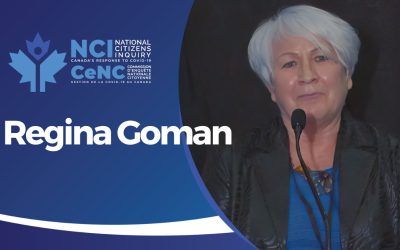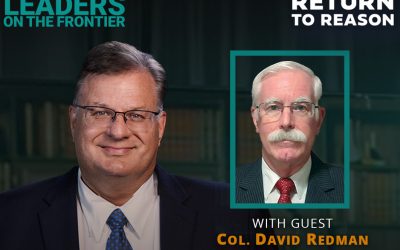On Dec. 19, 2005, Stephen Harper spoke to the Quebec City Chamber of Commerce. The media called the speech his “Quebec platform,” and it contained some flattering words about Canada being founded there. Its real significance, however, is that for the first time Harper’s remarks on the fiscal imbalance between Ottawa and the provinces and especially on the federal use of the so-called spending power gained wide notice.
Tuesday, the Speech from the Throne promised to limit new federal spending in areas of provincial jurisdiction. This is not the first time such an announcement has been made. The 1991 Throne Speech made the same promise, but nothing happened when the Chretien Liberals replaced the Tories. In 1996, the Liberals also promised not to spend in areas of provincial responsibility, but they reversed themselves a year later. Like their predecessors in the 1990s, what the Harper government promised to do is obey the law of the Constitution.
Canada is a federation. It has two co-ordinated orders of government. The two sets of responsibilities are described mainly in sections 91 and 92 of the old British North America Act, now called the Constitution Act. If the Harper government is able to do what it says, this inherent abuse of federalism will do much to reduce the greatest source of political discontent in Canada.
Even constitutional lawyers who think Ottawa has the authority to spend money on anything an ambitious bureaucracy can think of have been surprised to notice the term “spending power” appears nowhere in the Constitution.
The interesting question is how it came to pass that Ottawa took over responsibilities that by law belong to the provinces.
In the last court decision that considered the question, in 1935, the ruling was explicit. If Ottawa wanted to spend in provincial jurisdiction, it required a constitutional amendment. The provinces consented back then and the amendment was made.
Part of the explanation for taking the non-amendment route after the war was political. Federal politicians and especially federal bureaucrats had no intention of giving up the power they enjoyed running the country as the unified legal entity it had been during wartime. Having digested the benefits of a Cambridge education, the senior mandarins embraced the new ideology of Keynesianism that, in their minds, promised to avoid a return to the Great Depression.
The only condition was that Ottawa would “manage” the business cycle. To that end, they devised a series of clever tax deals with their intellectually intimidated provincial counterparts and the postwar welfare state was born under fancy new names such as co-operative federalism, administrative federalism, co-ordinate federalism and so forth. What it all meant was that Ottawa could spend money whenever it chose and the provinces could take it or leave it.
By Pierre Trudeau’s time, it was a self-evident truth that, as he said, “it has become quite impossible” to think that government policies belong to the jurisdictions set out in the Constitution. This “tidy approach” to federalism, he added, did not fit the realities of the modern state.
Trudeau the law professor had a much different understanding, one that respected the constitution. His conversion shows how easily the prospect of administrative power clarifies the mind.
The source of the notion that Ottawa could spend where it wanted was another Quebec law professor, Frank Scott, a socialist, a poet and an opponent of the provincial government of the day. According to him, the Crown could make “gifts” to whomever it wished, irrespective of the constitutional division of responsibility. Ottawa bureaucrats loved their new gift-giving power as much as Liberal politicians.
The inevitable result has been to muddy responsibility for shared programs and to make accountability for them impossible.
Ask yourself: Who is responsible for the mess our medical system has become? Of course, politicians loved avoiding responsibilities, too, especially lefties.
With his 2005 speech, Harper began to establish his credibility in Quebec. A lot more than Quebec is involved today. By driving a stake through the heart of federal spending power, the government will restore the Constitution to its central place in the governance of this country.
About time, too.
Barry Cooper is a professor of political science at the University of Calgary and a Fellow of the Canadian Defence and Foreign Affairs Institute.


